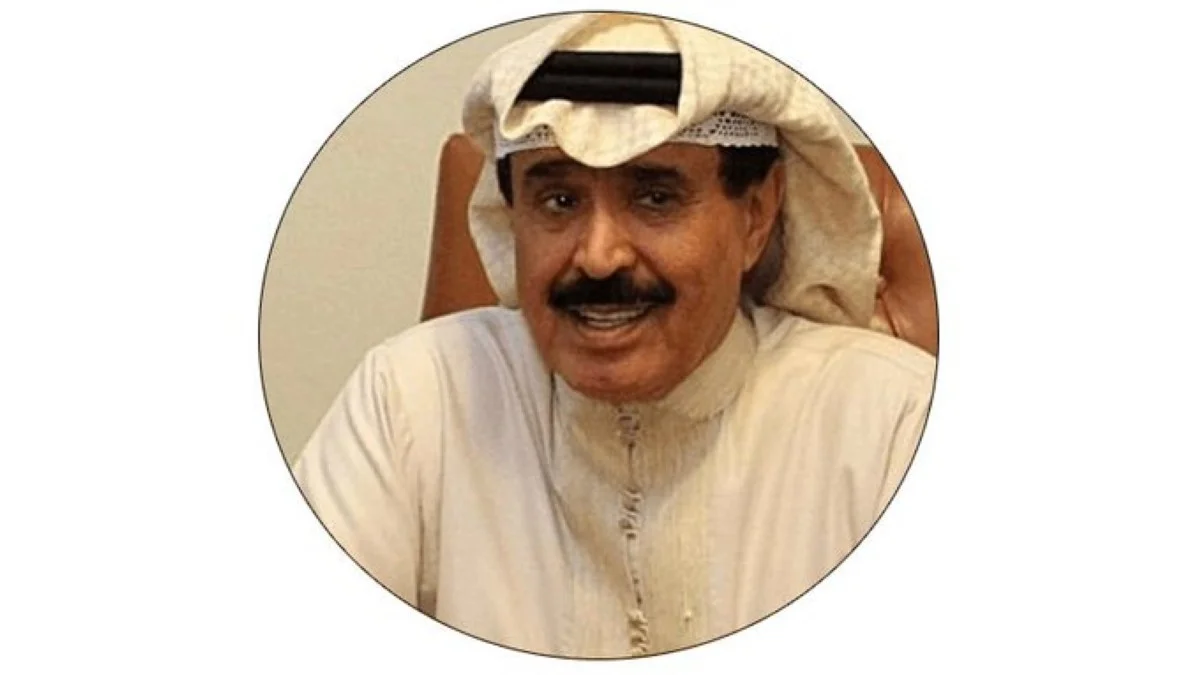22/09/2024
22/09/2024
THE Minister of Health has popped the balloon by announcing that his ministry is considering the cancellation of some overseas health offices. These offices have been deemed “wasteful” of public funds, as they have been benefiting opportunists and contributing to corruption, with one of the office’s debts reaching USD 800 million.
Also, lawsuits have been filed against Kuwait in the United States. In certain cases, some Kuwait Airways planes and other assets were put up as collateral in case of unpaid debts.
This is just a glimpse of the waste left behind by the nation’s corrupt system, which has provided exorbitant salaries to former legislators and ministers, along with many others who have evaded accountability due to “wasta.”
The overseas health offices represent the last remaining avenues for the misallocation of public funds, costing the country approximately KD 1.9 billion, which is equivalent to the loans taken out by citizens.
Whenever loud voices are raised to call for writing off loans, those who are envious start giving excuses, claiming that borrowers took loans for travel, car renewals, and other non-essentials. They forget that many borrowers acted out of genuine necessity.
Debt is a burden that brings distress at night and humiliation during the day. It is hard to imagine that any sane person would willingly accept such a situation. This is why Prophet Mohammad (PBUH) used to pray, saying: “...and I seek refuge in You (Allah) from being heavily in debt and from being overpowered by (other) men.”
If the state believes it cannot afford to repay these loans, we could probably understand. However, it could at least consider rescheduling the debts, lowering interest rates, and including the exceptional salaries and overseas health offices in its budget as a safety net to alleviate the hardship faced by citizens who are borrowing money.
By the way, we must thank the Court of Cassation for lifting the travel ban on borrowing citizens. This is their country, and they will undoubtedly return, regardless of their debts of either KD 20,000, KD 100,000, or even a million dinars or more.
Indeed, travel can provide them with opportunities to pay off their debts, but usurers and those with selfish interests refuse this, as their aim is to control or humiliate the citizens. These are the same individuals who pressure successive governments to deny needy citizens any hope of a decent life.
What caught my attention regarding this sensitive matter is that it was recently published that the Civil Service Commission is studying amendments to the end-of-service benefits for retired employees. This sparked considerable controversy, prompting the government to clarify the issue.
We need to reflect on some of the rumors affecting a large segment of citizens. These often stem from those impacted by Amir’s measures aimed at curbing political, financial, and economic chaos, along with the ongoing crisis faced by borrowers.
These rumors undermine the efforts of the Council of Ministers, which has a duty to show compassion toward debtors. It is essential to adhere to the Islamic principle that relieving the distress of the poor is a primary responsibility of the state administration, while creditors should bear the consequences for squandering their money and giving to those who are unable to pay.
Therefore, the primary responsibility of all governments is to resolve citizens’ crises and work to prevent them. They also have an obligation to remove obstacles that hinder their constituents. At this point, the Council of Ministers must prioritize alleviating the burden on citizens who carry the shame of debt, a significant number of whom find themselves in this situation.
With our determined Amir, His Highness Sheikh Mishal Al-Ahmad, at the helm today, it is clear that the people of Kuwait are concerned about these issues, as stability and dignity are of utmost importance to him. Will the Council of Ministers accept this message?



